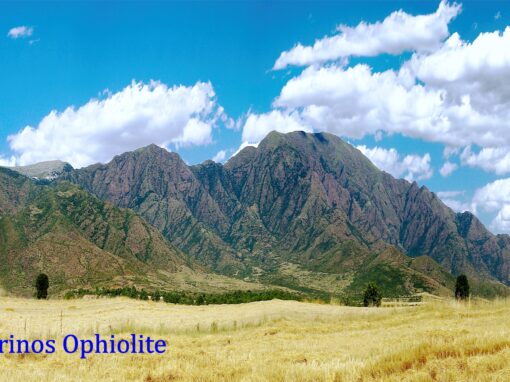The unifying element within the Grevena-Kozani UNESCO Global Geopark is its recognition as one of the global sites of geoheritage relating to the birth of plate tectonic theory, and the expression this tectonic legacy as the source of exceptional landforms and unique ecologic systems.
The study of the Geopark Grevena-Kozani area provided an essential key to open the scientific world of plate tectonic theory. The region includes: the site of the oldest rocks in Greece found to date; sites that expose the geologic history and rifting processes surrounding the “birth” of the Tethyan Ocean and of Europe as an independent continental mass; Localities critical to the origin of plate tectonic theory; Preserved sections of the Jurassic Tethyan Lithosphere (Vourinos and Pindos ophiolites); Geologic landforms among the most exceptional within Europe that were created by the unique coincidence of plate tectonic structures with Ice Age glaciations; these include four cataclysmic canyons. A provenance of proboscideans that date from ~5mya to ~100,000 years and include mammoth fossils with the “world record” longest tusks (5.06m); Among the “youngest” rocks of Greece including a paleosol section continuous from ~4my to present,and the only known locality of “hoodoos” in Greece. And… a natural physical environment in which traditional mountain villages strive to maintain time-honored agricultural practices and develop these to become competitive in today’s economic conditions.
As an entry point to initiate international-scale geotouristic activities the region is ideal: the combination of the beauty of the landforms, of the natural attractions, primeval forests and ancient woodlands, an unspoiled biodiversity based in the region’s extreme and rare geodiversity, Hellenistic and Byzantine archeological settings, antique stone bridges, and touristic venues in traditional mountain villages is unsurpassed in Greece.
Source UNESCO




